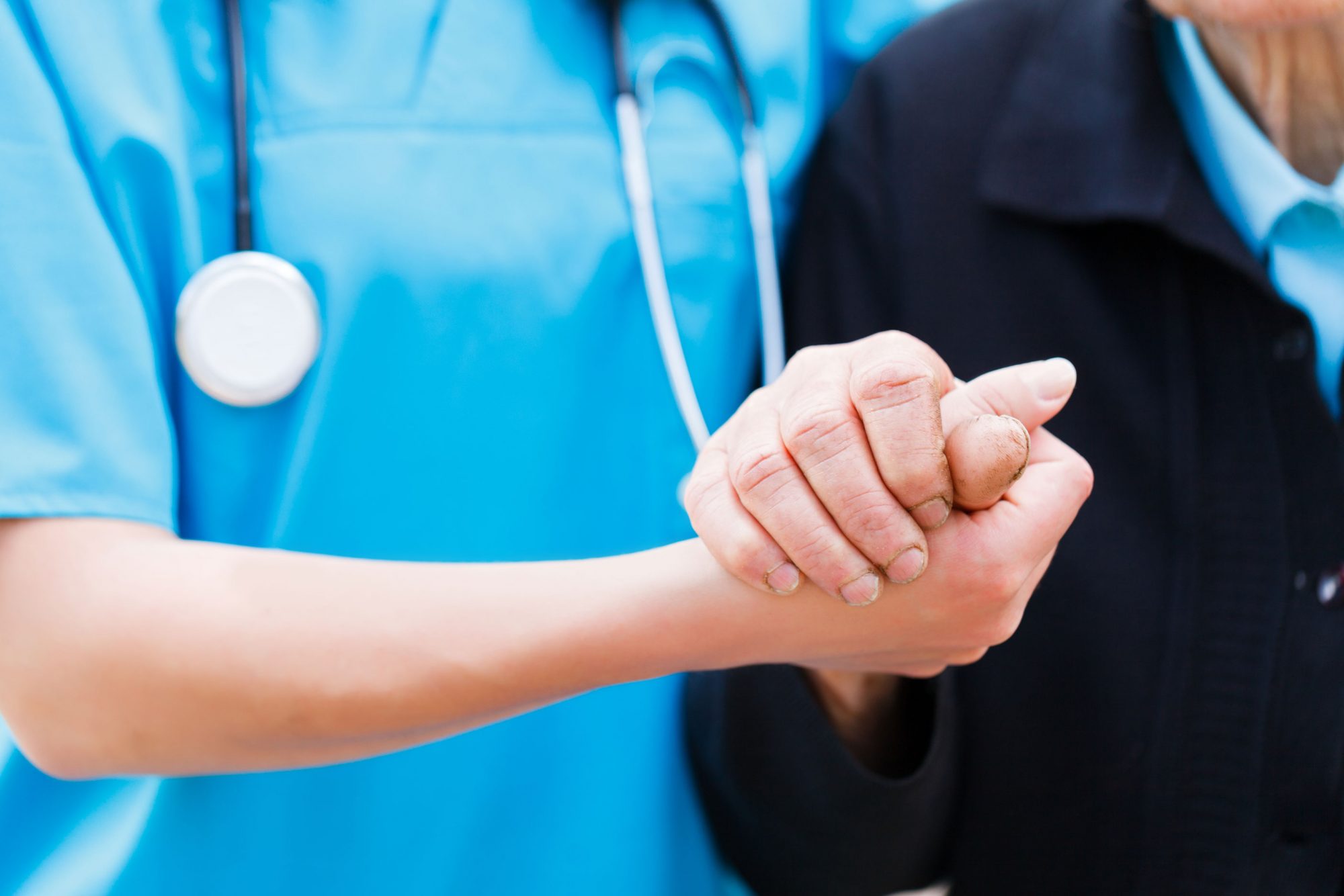The mobile phone is rapidly transforming Africa's economic and social fabric. Mobile phones can revolutionise the delivery of healthcare in Africa, says Onno Schellekens, managing director of the PharmAccess Group.
With a simple click of a button or a phone call, many Africans can transfer money to support their relatives, traders can compare the most current prices for their goods and people in remote villages can seek medical advice from a doctor through a call centre. The mobile phone is rapidly changing the economic and social fabric of Africa in ways that are difficult to imagine if you grew up in a developed country where everything seems to work.
However, living in Nairobi (the capital and largest city in Kenya) I have also witnessed how inequality is on the increase and how many people are still falling into desperate poverty. Take Grace (not her real name), a 27-year-old mother of five, who worked as a street cleaner in a leafy area of Nairobi. Following the death of her husband Grace moved to Nairobi with her baby, leaving her other children behind, in order to work and live with her sister. Grace was seriously ill, but did not seek medical help until she collapsed in the street. She was sent home from hospital with only a follow-up appointment in three months' time, when in fact both she and her baby needed closer monitoring and counselling. As a consequence, she was ill several times and, when her contract was not renewed, she subsequently lost her job and eventually her home when her sister threw her out.
Breaking the vicious circle
No home, no work, no money, poor health; it is a vicious circle. People like Grace need help, but African support systems are weak. It is my dream that high-quality healthcare will become accessible to all, and I believe that mobile phones can revolutionise the delivery of healthcare in Africa. Like most Kenyans, both rich and poor, Grace has a mobile phone and uses mobile money. The mobile phone offers unprecedented opportunities to improve access to healthcare for the poor by connecting individual citizens, health providers, as well as donors and local governments who give out health entitlements such as vouchers to vaccinate children, to receive family-planning support or for bed nets to help protect against malaria. Family members, at home or abroad, can pay into a "health wallet" on people's mobile phones where their contributions are exclusively reserved to pay for healthcare costs.
By receiving such benefits directly on a mobile phone, people are empowered to take care of their own health. They can use these entitlements to access quality healthcare, while at the same time clinics are paid without delay and transaction costs are radically reduced. It is my hope that in the near future Grace will have a health wallet on her mobile phone, which would give her the certainty that she can afford to seek medical care, at facilities of her own choosing.
New applications for technology in healthcare delivery is one of the themes discussed in a new report, "The future of healthcare in Africa: progress on five healthcare scenarios", written by The Economist Intelligence Unit and sponsored by Janssen.
The future of healthcare in Africa will also be discussed at an upcoming conference, Health Care in Africa 2014: fast-tracking to the future.
The views and opinions expressed in this article are those of the authors and do not necessarily reflect the views of The Economist Intelligence Unit Limited (EIU) or any other member of The Economist Group. The Economist Group (including the EIU) cannot accept any responsibility or liability for reliance by any person on this article or any of the information, opinions or conclusions set out in the article.




